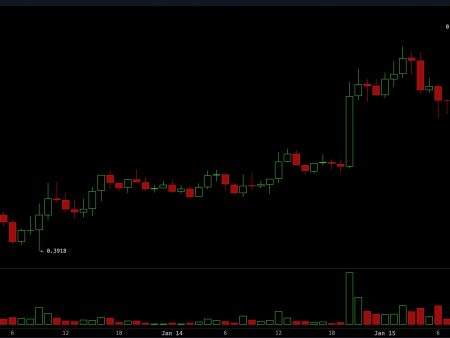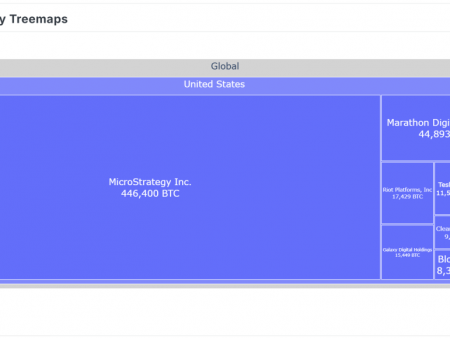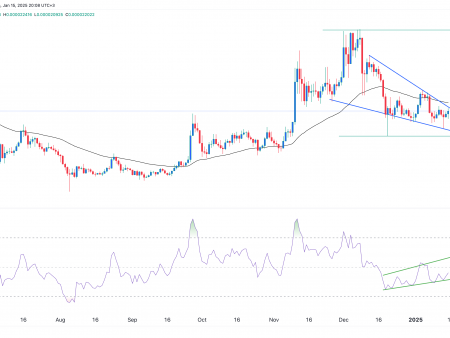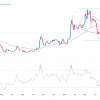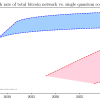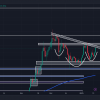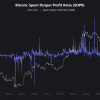
Banking giant JPMorgan recently issued a major warning about Bitcoin, stating that demand for spot-based exchange-traded funds pegged to the second-largest cryptocurrency is significantly overestimated.
Banking giant JPMorgan recently issued a major warning about Bitcoin, stating that demand for spot-based exchange-traded funds pegged to the second-largest cryptocurrency is significantly overestimated.
JPMorgan has pointed out the fact that not all inflows actually represent fresh money from institutional investors. There has actually been a substantial churn of cryptocurrency wallets on exchanges.
Due to factors such as profitability, regulatory protection, and greater liquidity, Bitcoin ETFs have now become the preferred instrument to gain exposure to Bitcoin.

Notably, exchanges saw a substantial drop in Bitcoin reserves following the debut of spot ETFs.
JPMorgan has stated that the majority of the $25 billion in ETF inflows recorded since the start of trading in January actually represents a rotation from existing digital wallets, dealing a blow to the dominant bullish narrative on a major institutional demand.
The banking giant has estimated that actual net flows into Bitcoin ETFs amount to approximately $12 billion.
Additionally, JPMorgan has noted that Bitcoin prices are high relative to the cost of production of the leading cryptocurrency, which is why the banking giant does not foresee substantial inflows in the coming months.
On Thursday, Bitcoin ETFs recorded capital outflows worth $244 million. The largest cryptocurrency remains below the $67,000 level.
Nothing new
As noted analyst James Seyffart noted, it has long been known that some of the entries simply represent recycled Bitcoin. “To be fair, this broad assessment has been accepted and known virtually since the day it was released,” he said. Seyffart has also questioned the accuracy of JPMorgan’s figures, as the proportion of recycled coins appears to be too high.
Bloomberg senior ETF analyst Eric Balchunas has predicted that JPMorgan’s anti-ETF holdings will not age well. “They haven’t exactly been thought leaders here. Ultimately though any calls that bet against the ETF (regardless of category) probably won’t age well,” Balchunas said in a social media post.

 Vladislav Sopov
Vladislav Sopov
 Alex Dovbnya
Alex Dovbnya